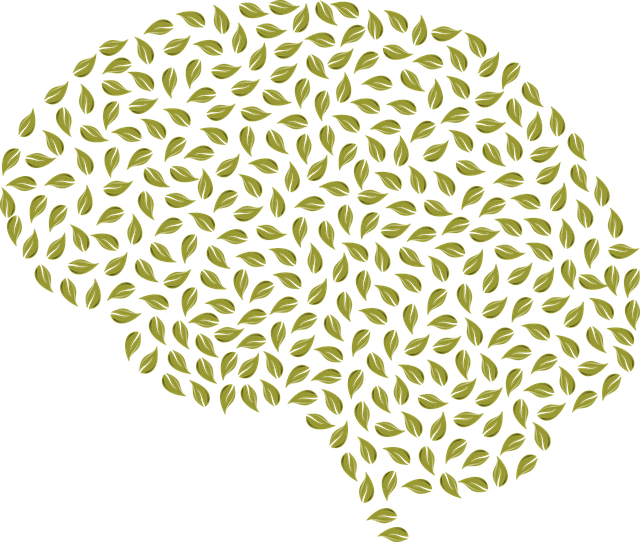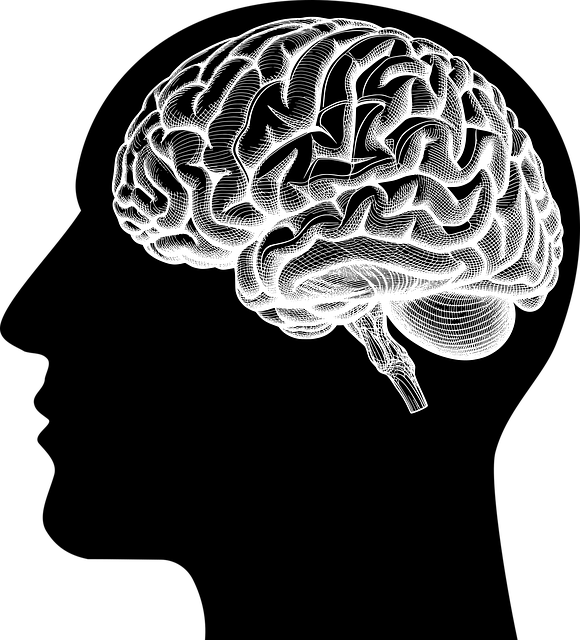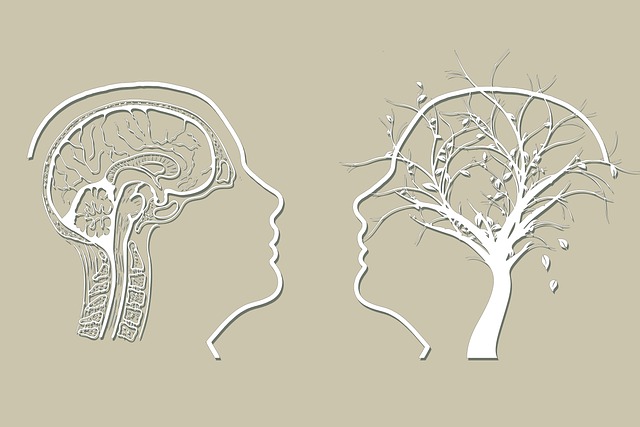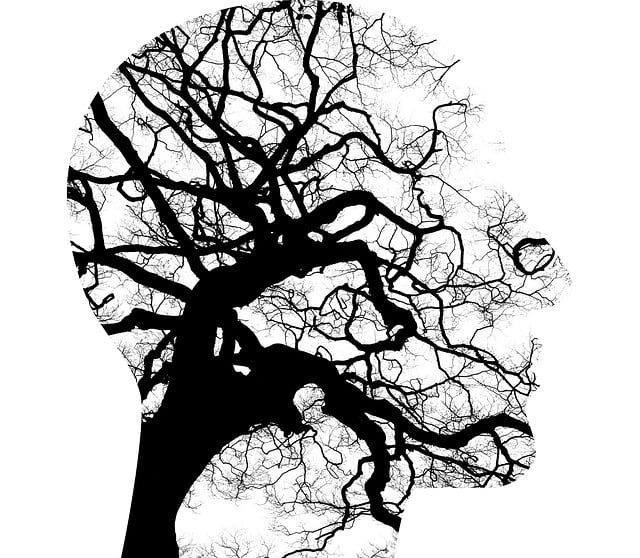Emotional Intelligence (EI) is a transformative tool for addressing Northglenn Post-Traumatic Stress Disorder (PTSD), focusing on emotion recognition, understanding, and management. Through mental health education programs, individuals learn to navigate complex emotions, build supportive relationships, and reduce the stigma around mental illness. Techniques like mindfulness, journaling, and creative expression aid trauma recovery by enhancing emotional regulation and resilience. Empathy cultivation, crucial for PTSD therapy, is taught through compassion training and perspective-taking, fostering richer interpersonal connections within safe community environments. Integrating EI into daily life and Northglenn PTSD therapy promotes self-awareness, effective communication, relationship building, and enhanced mental wellness.
Emotional intelligence (EQ) is a powerful tool for navigating life’s complexities, especially in addressing mental health challenges like post-traumatic stress disorder (PTSD). This article explores the multifaceted impact of EQ on mental well-being and provides practical strategies. We’ll delve into understanding EQ, its connection to PTSD therapy in Northglenn, identifying and managing emotions, fostering empathy, and integrating EQ into daily life and therapeutic practices. By embracing these steps, individuals can enhance their resilience and build stronger connections.
- Understanding Emotional Intelligence and Its Impact on Mental Health
- Identifying and Managing Emotions: Strategies for Personal Growth
- Enhancing Empathy: Building Stronger Connections with Others
- Practical Steps to Integrate Emotional Intelligence into Daily Life and Therapy
Understanding Emotional Intelligence and Its Impact on Mental Health

Emotional intelligence (EI) is a person’s ability to recognize, understand, and manage their own emotions, as well as recognize, interpret, and influence the emotions of others. It plays a pivotal role in mental health, especially when addressing conditions like Northglenn Post-Traumatic Stress Disorder (PTSD). Individuals with higher EI are better equipped to cope with stress, regulate their emotional responses, and maintain resilience, which are crucial aspects of recovery from traumatic experiences.
Beyond its impact on PTSD therapy, fostering emotional intelligence can significantly contribute to Mental Health Awareness and reduce the stigma surrounding mental illness. Effective Northglenn PTSD Therapy often involves Mental Health Education Programs Design that emphasize EI development. Such programs aim to empower individuals with the skills to navigate complex emotions, build supportive relationships, and promote overall well-being. This holistic approach not only enhances therapy outcomes but also fosters a more inclusive environment where emotional expression is valued and encouraged.
Identifying and Managing Emotions: Strategies for Personal Growth

Identifying and managing emotions is a cornerstone of emotional intelligence development. It involves recognizing your own feelings and understanding their impact on your thoughts and actions. For individuals dealing with Northglenn Post-Traumatic Stress Disorder (PTSD) Therapy, this process can be transformative. By learning to identify and label emotions, one can begin to detach from overwhelming feelings, fostering a sense of control. Strategies such as mindfulness practices, keeping a journal, or engaging in creative outlets help individuals process and express their emotions healthily. These tools not only aid in trauma recovery but also contribute to resilience building by strengthening emotional regulation skills.
Furthermore, cultivating compassion and cultural sensitivity in mental healthcare practice is essential for effective emotion management. Understanding the impact of cultural background on emotional expression can provide valuable insights into an individual’s experience. Compassion cultivation practices, integrated with therapy, create a safe space for clients to explore their emotions without judgment. This supportive environment encourages self-acceptance and fosters positive relationships between therapist and client, enhancing overall emotional intelligence and well-being.
Enhancing Empathy: Building Stronger Connections with Others

Empathy is a cornerstone of emotional intelligence, and enhancing it can lead to profound improvements in our relationships and overall well-being. One effective way to build empathy is through understanding and supporting those who have experienced trauma, such as Northglenn Post-Traumatic Stress Disorder (PTSD) Therapy offers. By participating in mental health education programs designed to foster compassion and perspective-taking, individuals can learn to recognize and respond appropriately to the emotions of others.
This process involves not just cognitive understanding but also cultivating a deeper sense of connection and kindness. Social Skills Training and Trauma Support Services play vital roles here, enabling individuals to practice active listening, non-judgmental communication, and empathetic responses in safe and supportive environments. These skills translate into richer interpersonal dynamics, fostering stronger bonds and more meaningful interactions within our communities.
Practical Steps to Integrate Emotional Intelligence into Daily Life and Therapy

Integrating emotional intelligence (EQ) into daily life and Northglenn Post-Traumatic Stress Disorder (PTSD) therapy is a practical yet powerful approach to enhancing mental wellness. The journey begins with self-awareness – recognizing your emotions, understanding their triggers, and acknowledging how they impact your thoughts and behaviors. This introspective practice forms the foundation for effective communication, both in interpersonal relationships and during therapy sessions.
Incorporating EQ involves active listening, where individuals fully focus on others’ experiences and perspectives, fostering empathy. For therapists, this means creating a safe space for clients to express themselves without judgment, utilizing techniques like reflective listening to help them process their emotions. The Mental Wellness Podcast Series Production can serve as a valuable resource, offering insights from experts on various aspects of mental wellness and stigma reduction efforts. By integrating these practical steps into daily routines, individuals not only improve their relationships but also develop resilience in managing life’s challenges, including mental illness symptoms.
Emotional intelligence is a powerful tool for personal growth and mental well-being, as evidenced by its positive impact on areas like Northglenn post-traumatic stress disorder (PTSD) therapy. By understanding and managing emotions, cultivating empathy, and integrating these practices into daily life, individuals can build resilience, strengthen connections, and lead more fulfilling lives. This journey of emotional intelligence is a continuous process that requires patience and self-compassion, but the rewards are invaluable.














